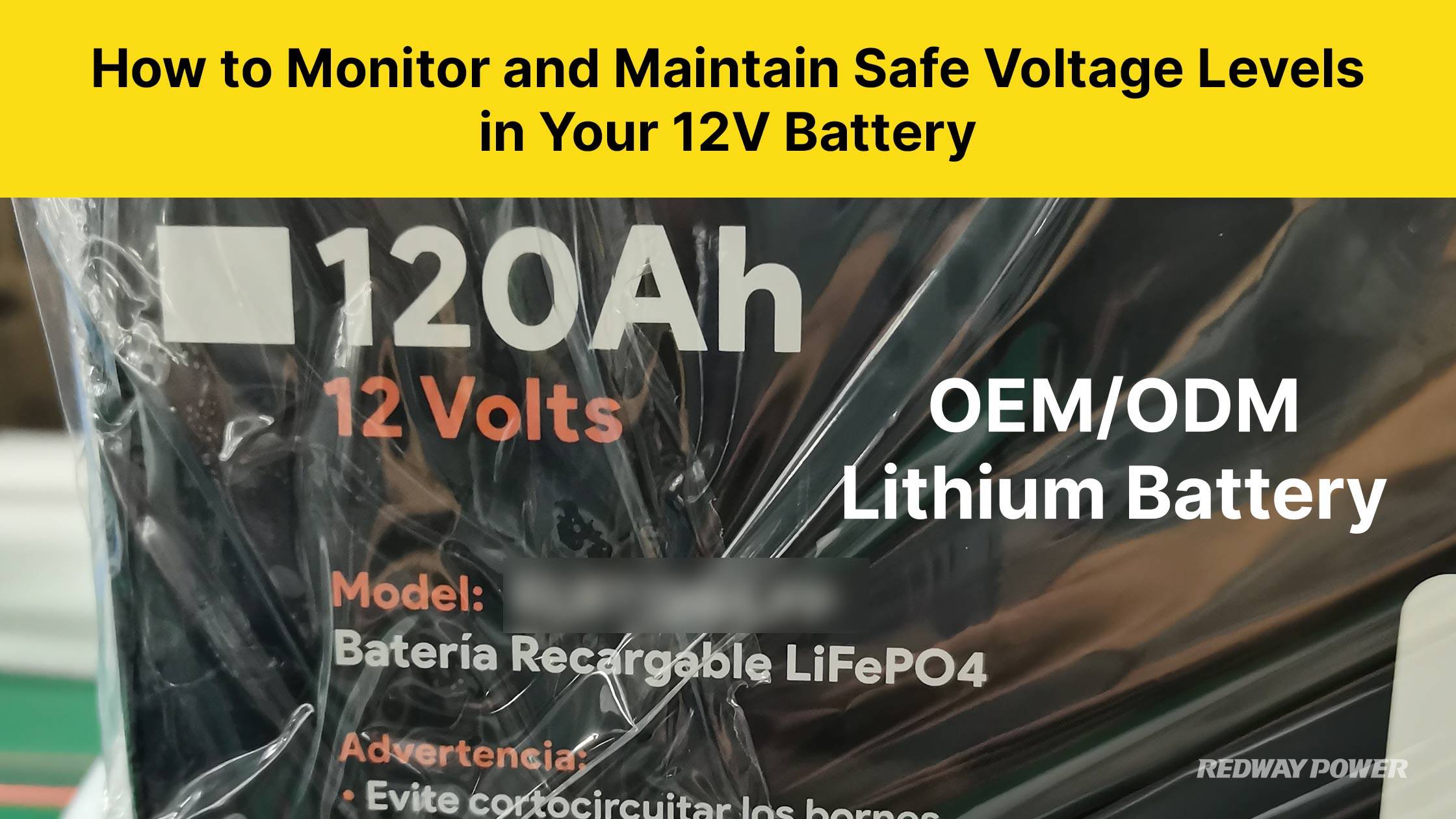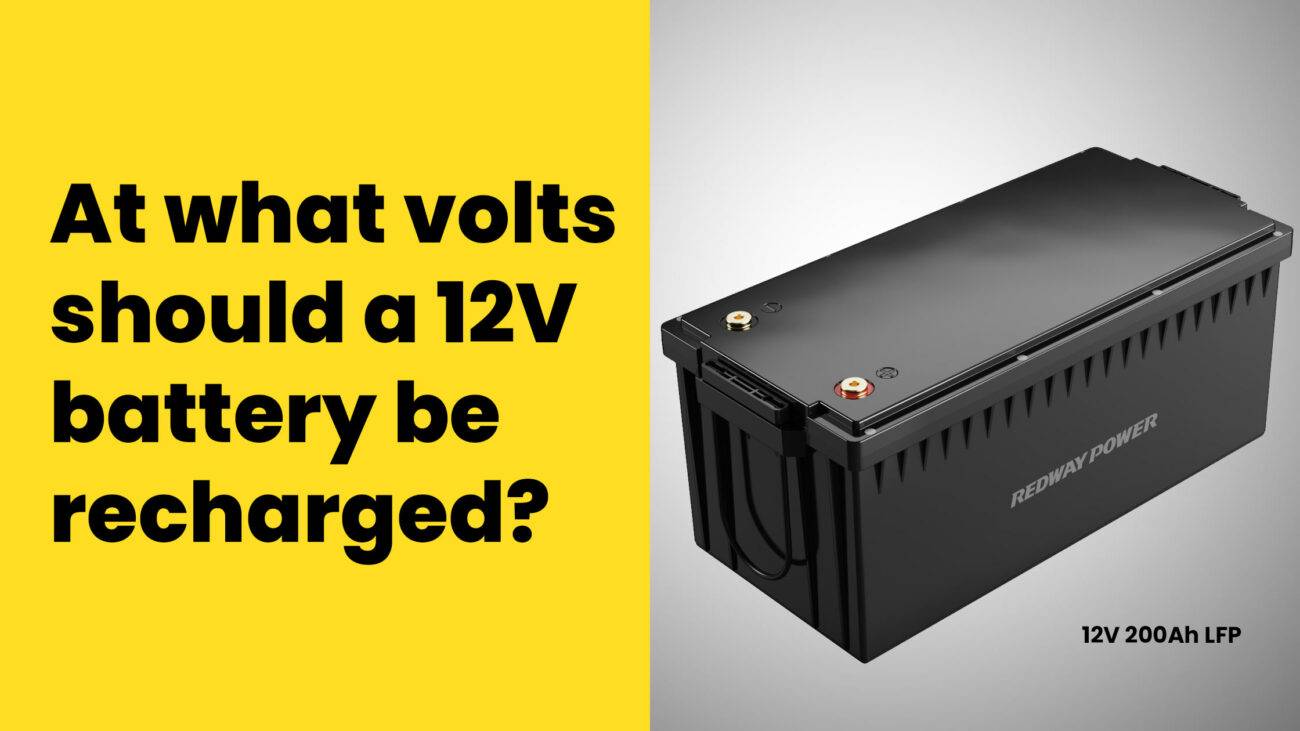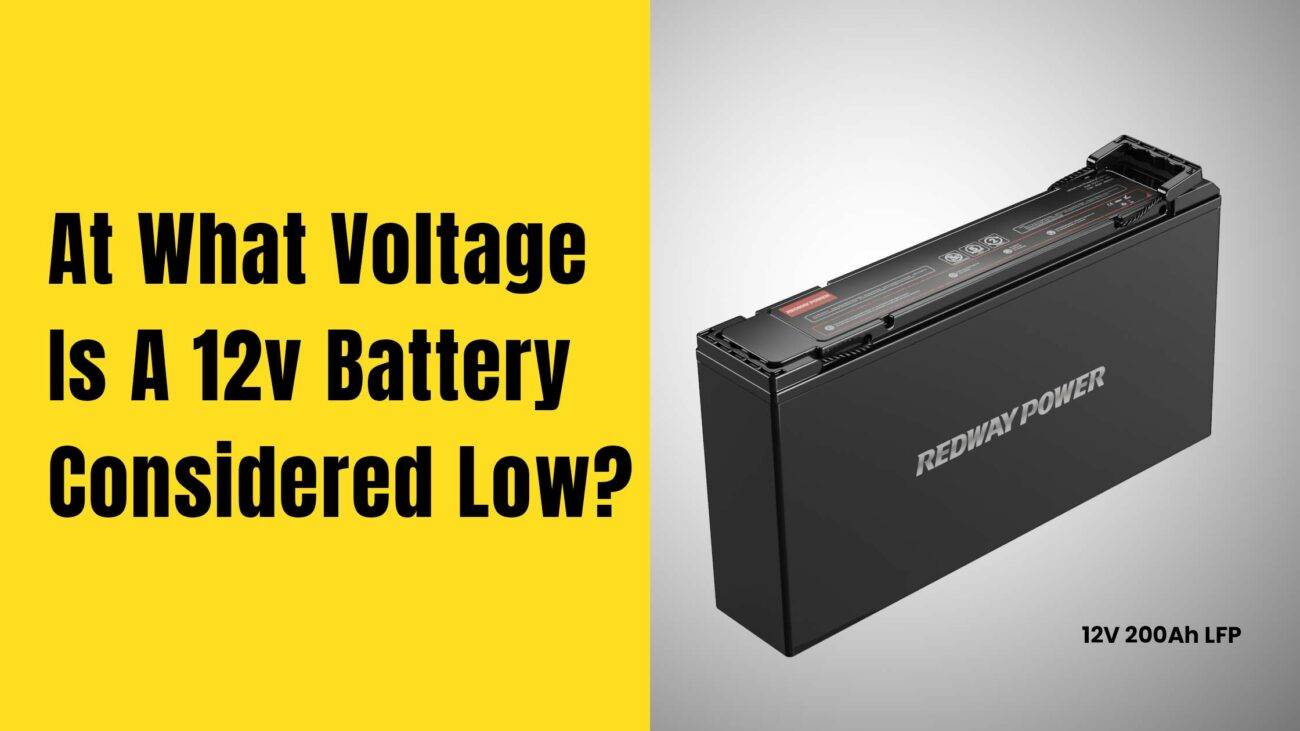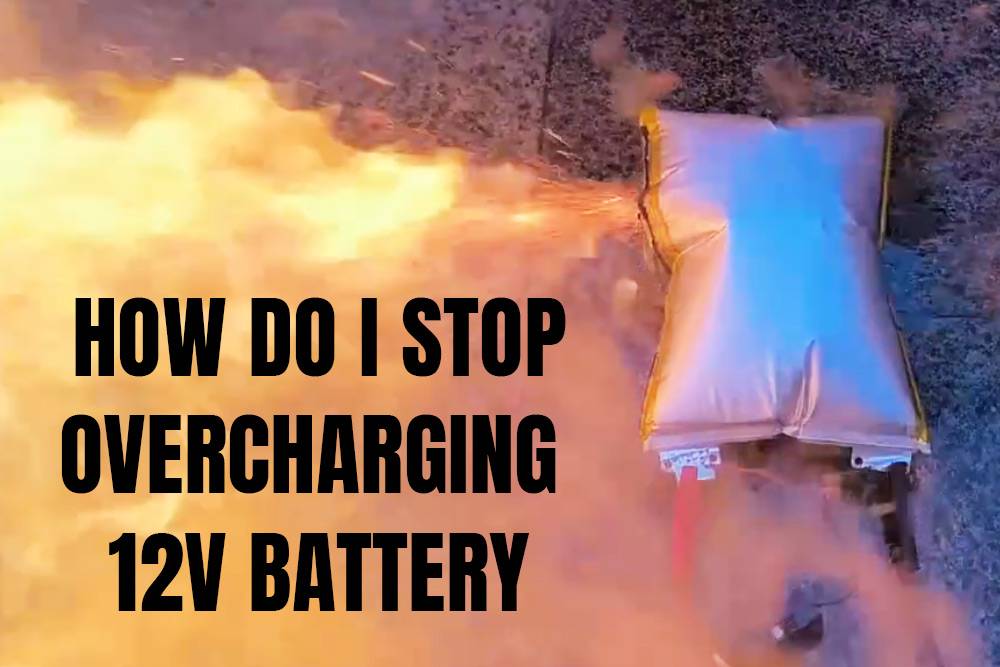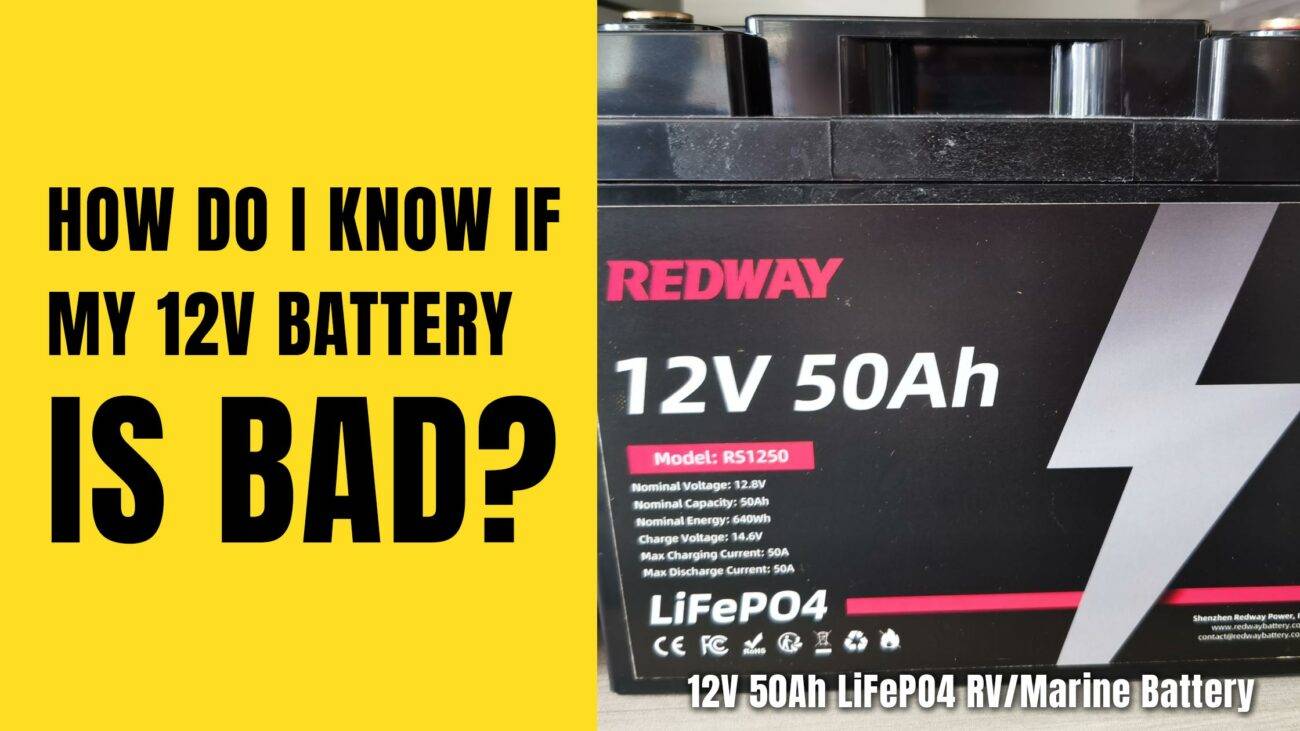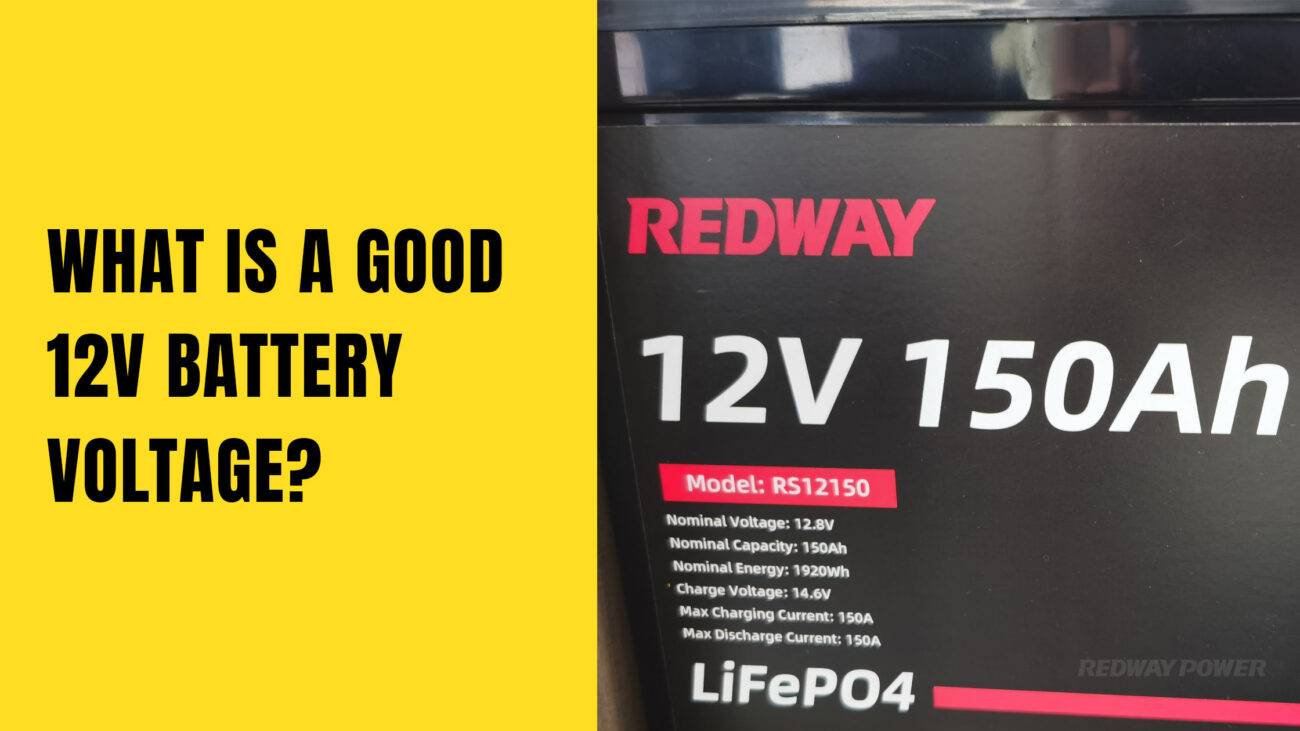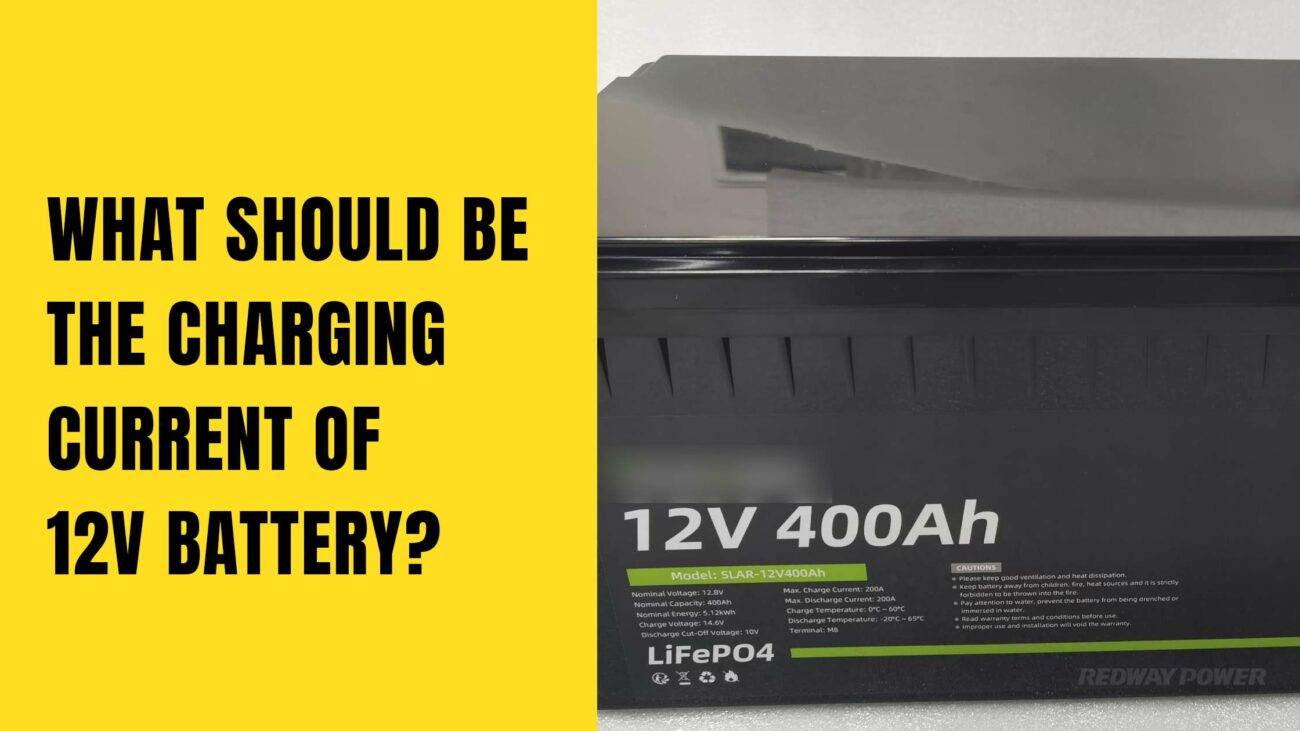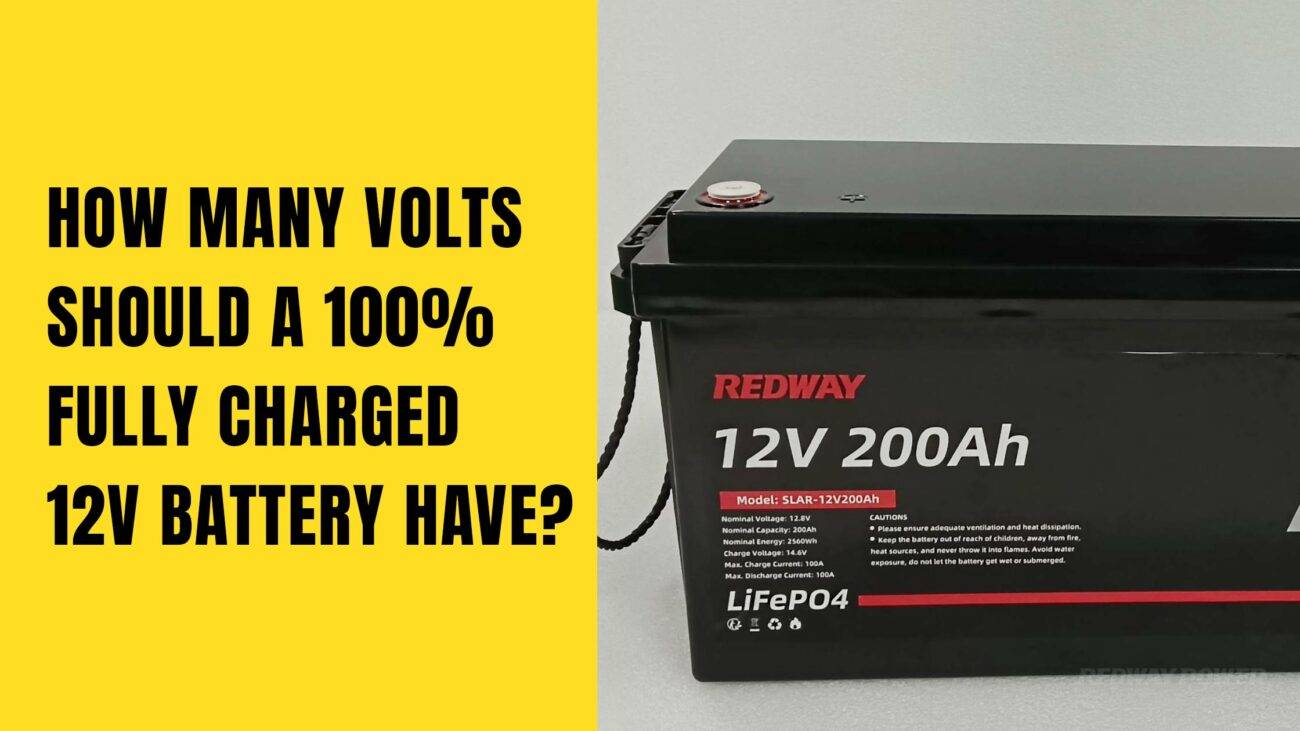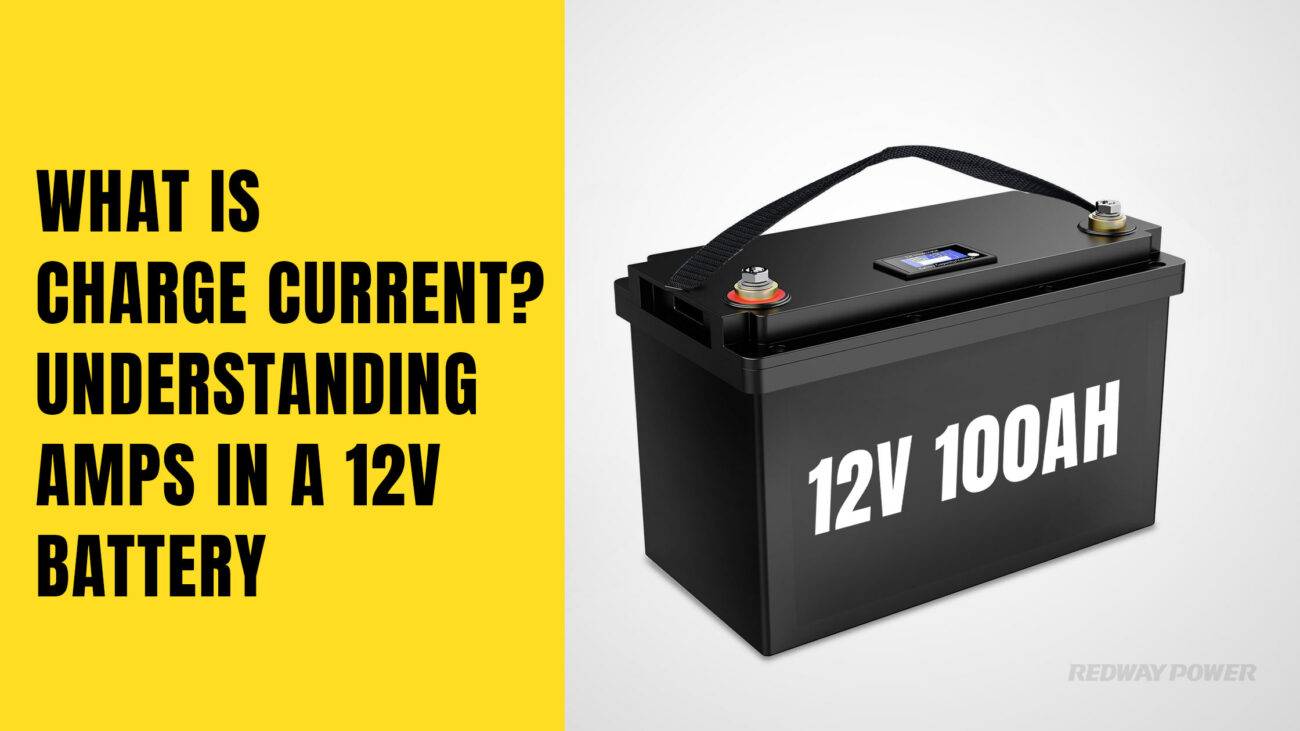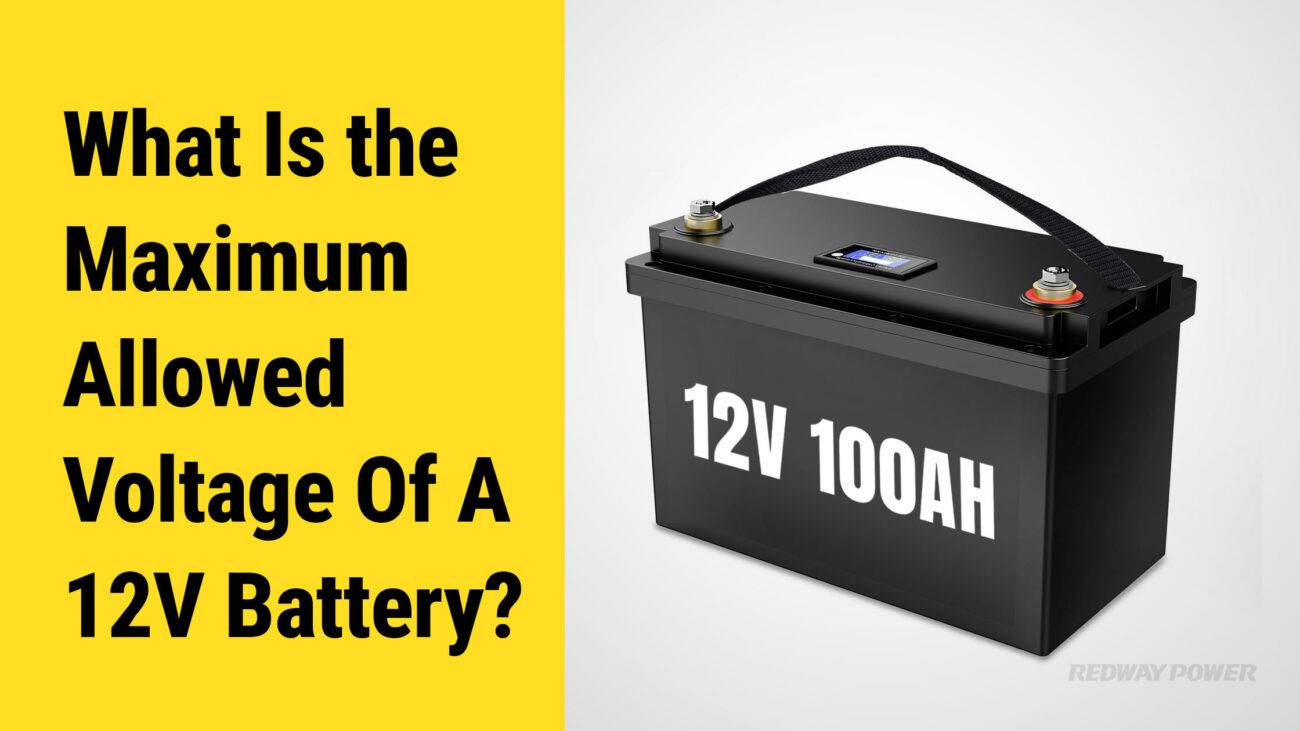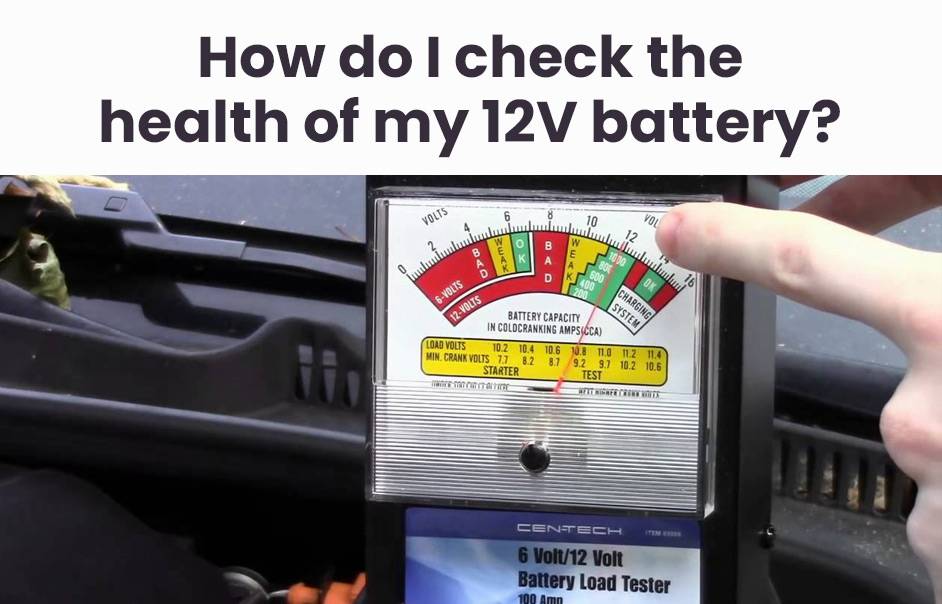- Forklift Lithium Battery
-
48V
- 48V 210Ah
- 48V 300Ah
- 48V 420Ah (949 x 349 x 569 mm)
- 48V 420Ah (950 x 421 x 450 mm)
- 48V 456Ah
- 48V 460Ah (830 x 630 x 590 mm)
- 48V 460Ah (950 x 421 x 450 mm)
- 48V 460Ah (800 x 630 x 600 mm)
- 48V 460Ah (820 x 660 x 470 mm)
- 48V 500Ah
- 48V 560Ah (810 x 630 x 600 mm)
- 48V 560Ah (950 x 592 x 450 mm)
- 48V 600Ah
- 48V 630Ah
-
48V
- Lithium Golf Cart Battery
- 12V Lithium Battery
12V 150Ah Lithium RV Battery
Bluetooth App | BCI Group 31
LiFePO4 Lithium
Discharge Temperature -20°C ~ 65°C
Fast Charger 14.6V 50A
Solar MPPT Charging - 24V Lithium Battery
- 36V Lithium Battery
- 48V Lithium Battery
-
48V LiFePO4 Battery
- 48V 50Ah
- 48V 50Ah (for Golf Carts)
- 48V 60Ah (8D)
- 48V 100Ah (8D)
- 48V 100Ah
- 48V 100Ah (Discharge 100A for Golf Carts)
- 48V 100Ah (Discharge 150A for Golf Carts)
- 48V 100Ah (Discharge 200A for Golf Carts)
- 48V 150Ah (for Golf Carts)
- 48V 160Ah (Discharge 100A for Golf Carts)
- 48V 160Ah (Discharge 160A for Golf Carts)
-
48V LiFePO4 Battery
- 60V Lithium Battery
-
60V LiFePO4 Battery
- 60V 20Ah
- 60V 30Ah
- 60V 50Ah
- 60V 50Ah (Small Size / Side Terminal)
- 60V 100Ah (for Electric Motocycle, Electric Scooter, LSV, AGV)
- 60V 100Ah (for Forklift, AGV, Electric Scooter, Sweeper)
- 60V 150Ah (E-Motocycle / E-Scooter / E-Tricycle / Tour LSV)
- 60V 200Ah (for Forklift, AGV, Electric Scooter, Sweeper)
-
60V LiFePO4 Battery
- 72V~96V Lithium Battery
- Rack-mounted Lithium Battery
- E-Bike Battery
- All-in-One Home-ESS
- Wall-mount Battery ESS
-
Home-ESS Lithium Battery PowerWall
- 24V 100Ah 2.4kWh PW24100-S PowerWall
- 48V 50Ah 2.4kWh PW4850-S PowerWall
- 48V 50Ah 2.56kWh PW5150-S PowerWall
- 48V 100Ah 5.12kWh PW51100-F PowerWall (IP65)
- 48V 100Ah 5.12kWh PW51100-S PowerWall
- 48V 100Ah 5.12kWh PW51100-H PowerWall
- 48V 200Ah 10kWh PW51200-H PowerWall
- 48V 300Ah 15kWh PW51300-H PowerWall
PowerWall 51.2V 100Ah LiFePO4 Lithium Battery
Highly popular in Asia and Eastern Europe.
CE Certification | Home-ESS -
Home-ESS Lithium Battery PowerWall
- Portable Power Stations
How High is Too High for a 12V Battery?
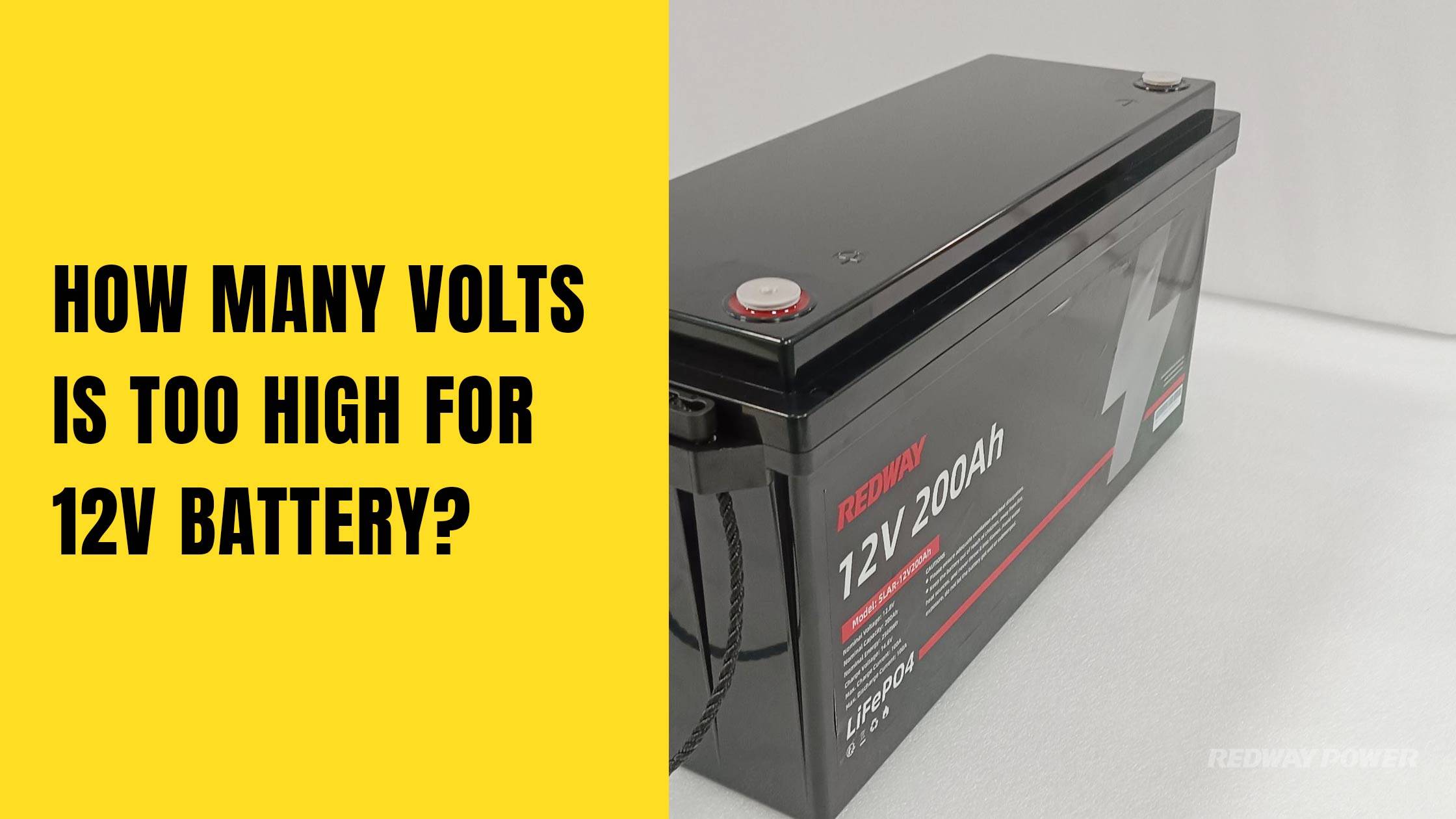
Understanding how high is too high for a 12V battery is crucial for maintaining its health and performance. Exceeding the recommended voltage levels can lead to overcharging, which damages the battery and reduces its lifespan. Typically, voltages above 14.5 volts during charging can be harmful, depending on the battery type and condition.
What voltage levels are considered safe for a 12V battery?
A 12V battery is generally considered fully charged at around 12.6 to 12.8 volts when at rest. During charging, safe voltage levels typically range from 13.5 to 14.5 volts. Exceeding this range can lead to overcharging, which may cause irreversible damage.
Chart: Safe Voltage Levels for a 12V Battery
| Condition | Voltage Level (Volts) |
|---|---|
| Fully Charged | 12.6 – 12.8 |
| Charging | 13.5 – 14.5 |
| Overcharged | Above 14.5 |
How does excessive voltage impact the performance of a 12V battery?
Excessive voltage can lead to several detrimental effects on a 12V battery:
- Heat Generation: Higher voltages cause increased heat within the battery, which can accelerate chemical reactions and lead to electrolyte evaporation.
- Reduced Capacity: Over time, exposure to excessive voltage can degrade the internal components, reducing the overall capacity of the battery.
- Shortened Lifespan: Continuous overcharging stresses the battery, leading to premature failure.
These factors collectively diminish the reliability and efficiency of the battery.
Chart: Effects of Excessive Voltage on Battery Performance
| Effect | Description |
|---|---|
| Heat Generation | Increases risk of overheating |
| Reduced Capacity | Degrades internal components |
| Shortened Lifespan | Leads to premature failure |
What are the signs that a 12V battery has been overcharged?
Recognizing signs of an overcharged 12V battery is essential for timely intervention:
- Swelling or Bulging: The casing may swell due to gas buildup from overcharging.
- Excessive Heat: A hot-to-the-touch surface indicates overheating.
- Electrolyte Leakage: Visible leaks or corrosion around terminals suggest damage.
- Foul Odors: A rotten egg smell indicates hydrogen sulfide gas release from boiling electrolyte.
These symptoms signal that immediate action is required to prevent further damage.
Why is it important to avoid overcharging a 12V battery?
Avoiding overcharging is critical because:
- Safety Hazards: Overcharging can lead to explosions or fires due to gas buildup.
- Costly Repairs: Damage from overcharging may necessitate expensive replacements or repairs.
- Environmental Impact: Improper disposal of damaged batteries can harm the environment.
By adhering to proper charging practices, you can enhance safety and prolong the life of your batteries.
How can you prevent overcharging in your battery system?
Preventing overcharging involves implementing several best practices:
- Use Smart Chargers: Invest in chargers with built-in voltage regulation and automatic shutoff features.
- Regular Monitoring: Check voltage levels periodically using a multimeter to ensure they remain within safe limits.
- Set Charging Time Limits: Avoid leaving batteries connected to chargers for extended periods.
These steps help maintain optimal charging conditions and protect your batteries from damage.
What should you do if your 12V battery shows signs of damage?
If you suspect your 12V battery has been damaged due to overcharging:
- Disconnect Immediately: Remove the battery from any power source.
- Inspect for Damage: Check for swelling, leaks, or corrosion.
- Test Voltage Levels: Use a multimeter to assess current voltage and overall health.
- Replace if Necessary: If significant damage is detected, consider replacing the battery.
Taking these actions promptly can prevent further issues and ensure safety.
FAQ Section
Q1: Can I charge my 12V battery with higher voltages?
A1: While some minor fluctuations are tolerable, consistently charging above 14.5 volts can cause damage.Q2: How often should I check my 12V battery’s voltage?
A2: It’s advisable to check voltage levels every few months or before long periods of use.Q3: What should I do if my charger shows an error while charging?
A3: Disconnect the charger immediately and inspect both the charger and the battery for potential issues.
Industrial News
Recent advancements in charging technology have focused on improving safety features in chargers designed for 12V batteries. Manufacturers are developing smart chargers equipped with advanced monitoring systems that prevent overvoltage situations by automatically adjusting output based on real-time feedback from the battery’s condition. This innovation aims to enhance user safety while extending the lifespan of batteries across various applications.
Redway Power Insights
“Understanding how voltage affects your batteries is crucial for maintaining their health,” states an expert from Redway Power. “With advancements in technology, we now have smarter charging solutions that not only optimize performance but also safeguard against common pitfalls like overcharging.”
